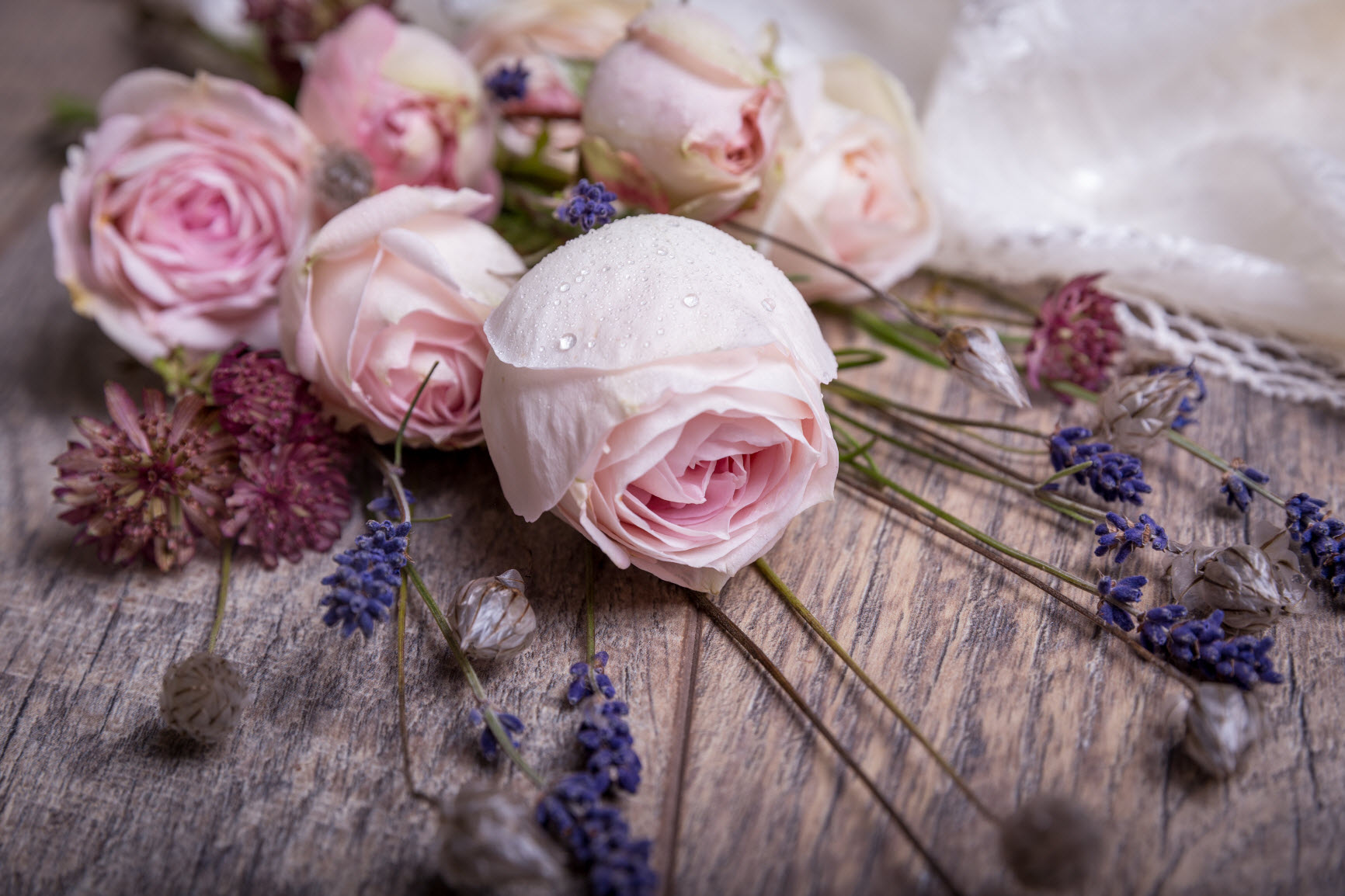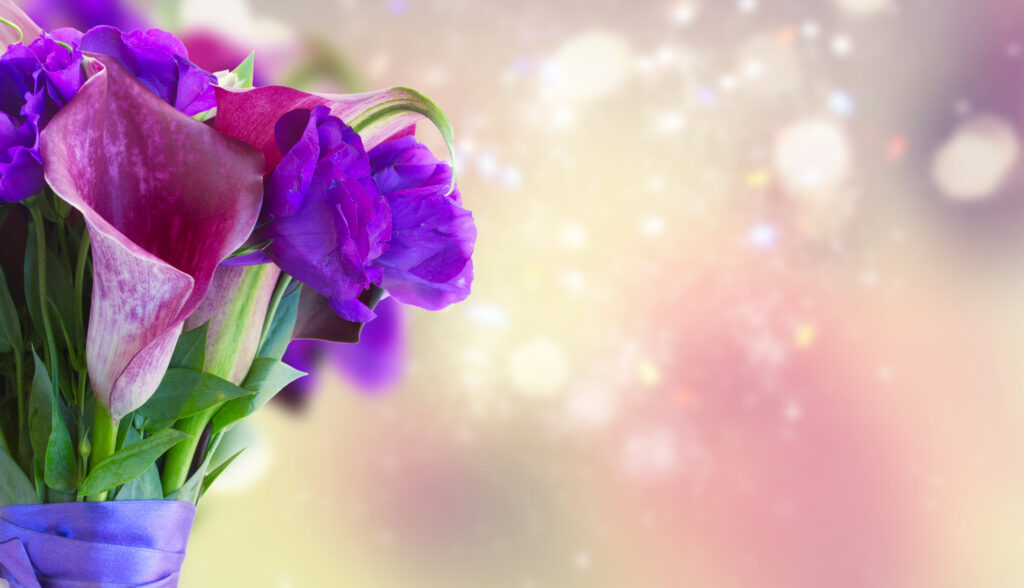‘Out beyond ideas of wrongdoing and rightdoing,
There is a field. I’ll meet you there.
When the soul lies down in that grass,
The world is too full to talk about.
Ideas, language, even the phrase each other
Doesn’t make any sense’.
-Rumi, translated by Coleman Barks in The Essential Rumi
During the Victorian age, flower selection and arrangement had a symbolic and emotional meaning. For example, dark crimson roses were symbols of eternal love, conveying an expression of deep and abiding affection, while white roses and arum lilies were symbols of peace, purity and forgiveness.
Let’s explore the many blessings for mind, body and soul that Nature’s cornucopia of flowers pours over us, if we’re aware, willing to listen, hear, smell, taste and sense the varied and rich, secret language of flowers, for those with eyes to see and a wide open hearts to receive…
Floriography, the secret language of flowers (refer also to book of same name written by Samantha Gray), is a way of deciphering or decoding the communication of plants with the human being. The arrangement, scent and colours of flowers and other parts of plants, have been associated with symbolic meaning over thousands of years and practised by many traditional cultures in Europe, Asia, North and South America and Africa.
MEDICINAL HEALING PROPERTIES OF FLOWERS
GENTLE, CELLULAR, VIBRATIONAL HEALING FROM GODS PHARMACY
Flowers are beautiful, expressing the Fibonacci Principle perfectly as nature’s mandalas. They also have many healing abilities for humans and animals, as they gently restore physiology.
Flowers are not only beautiful to look at, smell and use for creative activities, they have countless well-researched healing properties (e.g. Bach Flower Remedies and herbal infusions), nutritional, as well as tasty, edible (think of Calendula, Nasturtiums and Lavender flowers) food-enhancing benefits.
Flowers like Chamomile tea and infusions can be used to calm the nervous system in anxiety. For pain and inflammation, Calendula wash can be used for eye rinses and Arnica for muscle and joint swelling and redness.
Rose, rose geranium, neroli and orange blossom provide soothing, healing scent and nourishment in skin care products.
Flowers are rich in antioxidants that clear up free radicals, slow down the ageing process and accelerate wound healing.
Raw honey is bees’ contribution to bring us the sweetness and nutrition of flowers through collection of the pollen from many seasonal flowers, such as the many Fynbos flowers, during the various seasons of the year.
Flower therapy, or essence therapy, is a form of complementary and alternative medicine (CAM). It’s based on the idea that flowers have a healing vibrational energy. The practice uses flower essences, which are liquids infused with a flower’s energy. They’re also called flower remedies.
10 Healing Flowers
Echinacea purpurea or purple coneflower is a fond favourite of mine, as Ginko biloba and Echinacea purpurea were the first plant guides that led me on the way of natural medicine in 1998. It is used as a natural antibiotic, immune system supporter and for its efficacy against parasites. It can be used as a tincture, tea, capsules, homeopathic remedies and even nasal sprays.
Roses: Used for heart health and to curb runaway, renegade inflammation for skin (cuts, bruises, irritation) and body (joint and muscle pain, upset tummy). The petals and hips (the rose fruit) are also high in vitamin C and a range of antioxidants. Rose essential oil, or a rose blend oil, syrup, rose water for food flavouring, tinctures, tea and infusions can be used. Rose syrup can be used for coughs and cold symptoms.
Lavender: Used for relaxation, distress and insomnia. Tea or essential oil can be used. Lavender flowers are used for their aroma and flavour in food and flower potpourri.
Make your own rose and lavender syrup with raw Fynbos honey:
Prepare a tea with lavender flowers and rose petals (about a cup of each) and cut some of the rose hips finely. Add to water in a pot and bring to boil. Remove from heat and cover with lid. Allow tea to cool down to ‘warm’ (about 15 minutes) to prevent the honey from losing its healing properties. Add the honey to taste and stir well. Strain through mesh or sieve, pour into glass jar, seal tightly and store in fridge for up to one month.

Evening primrose: Used for skin ailments like eczema and psoriasis, as well as in capsules for arthritis and premenstrual syndrome (PMS).
While all parts of the evening primrose plants have healing properties, the plant is primarily cultivated for its oil-rich seeds. These seeds contain an essential fatty oil known as gamma-linolenic acid (GLA), one of the anti-inflammatory essential fatty acids.
Hypericum perforatum or St. John’s wort (SJW): Used to improve mental health. St. John’s wort has been used for centuries for depression. It has been well researched in the treatment of mild to moderate depression. It can be used as a tincture, capsules, or a dietary supplement to improve mental health. Combining SJW with prescription antidepressants is contraindicated, as the drugs are synthetic, non-specific and may lead to serotoninergic syndrome.
Jasmine: Over the years, people have used jasmine as a natural pain reliever for abdominal pain or liver issues ranging from hepatitis to liver scarring. Some people also find it helpful to relieve the symptoms of diarrhoea as well as to improve mental alertness.Marigold or Calendula: Used for cuts, bruises, abrasions and rinse for eye infections such as conjunctivitis. This sunny flower can be used to prepare yellow rice and to make tea or eat for many ailments.
Crataegus oxycantha or Hawthorne: Used for heart health challenges such as hypertension and hypotension (high or low blood pressure) as it normalises blood pressure. As a member of the rose family, the flowers, leaves and fruit (berries) contain flavonoids which act as antioxidants. While these compounds may benefit various parts of the body, they are particularly indicated for their ability to improve circulation, blood pressure and improve general heart health.
Passiflora incarnata, grenadilla or passionflower: Used to improve sleep and to help with distress, anxiety and stress.
Chamomile: Used for relaxation and digestion. If you’ve ever sipped a mug of sleepy time tea, you’ve benefited from chamomile. This cute little flower helps our bodies and minds unwind and relax, which may help improve sleep. A nice cup of chamomile tea can also help soothe the stomach, especially after a large or rich meal.
Gaia’s vibrant palette of flowers extends beyond beauty, offering an abundance of blooms with colour, symbolic language and creativity for the imagination and medicinal properties for human beings, animals, insects and other plants. Their diverse properties support our physiology to cope better with infections, inflammation anxiety, stress, insomnia, depression and digestion. Tranquillity and inner peace are our grace and gratitude for blessings. From the calming lavender and chamomile to the vibrant calendula, rose and hibiscus, these flowers enrich our lives. Each bloom holds its unique set of benefits and responsible, ongoing research is crucial to ensure their safe and effective use.
“This was simply a taste of the wonderful world of flowers. Books have been written about it in fact my own next book might very well be focusing on the sweet solutions flowers bring to humanity and all living things.” Dr Arien



